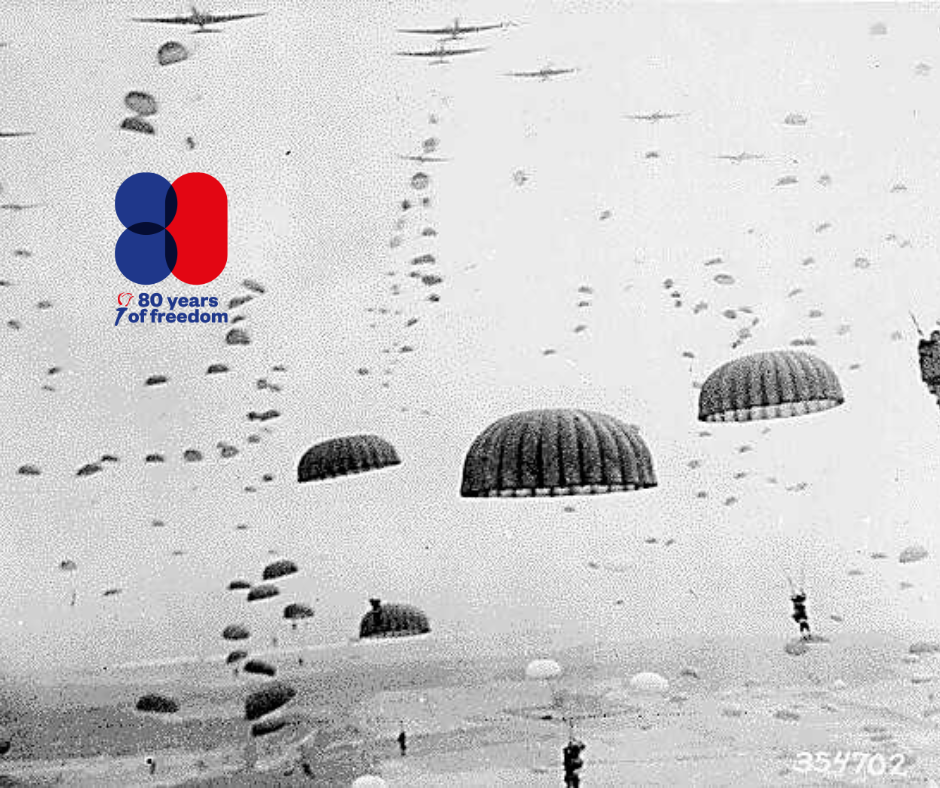Netherlands Marks 80 Years of Freedom on Liberation Day - NL Host Nation
Netherlands Marks 80 Years of Freedom on Liberation Day
On the fifth of May, the Netherlands celebrates Bevrijdingsdag, Liberation Day, marking 80 years since the country was freed from Nazi occupation at the end of the Second World War. Across the country, events are being held to honour the sacrifices made during the war and to reflect on the value of freedom in today’s world.
This year’s celebration is especially poignant. With Europe facing
renewed geopolitical tensions, the anniversary is both a commemoration
of the past and a call to safeguard democracy and human rights for
future generations.
National Celebration Kicks Off with Polish
Prime Minister
Polish Prime Minister Donald Tusk will deliver the
annual Fifth of May Lecture, which officially opens the day’s events.
His presence underscores Poland’s crucial yet often underappreciated
role in the liberation of the Netherlands. Polish units, including the
1st Polish Armoured Division under General Maczek and the 1st
Independent Polish Parachute Brigade led by General Sosabowski, played
key roles in the battles for Breda and near Driel during Operation
Market Garden.
Freedom Meals, Festivals and Concerts Across
the Country
Hundreds of Freedom Meals are taking place in
communities across the Netherlands, bringing people together to share
stories and reflect on what freedom means. At 14 locations, Liberation
Festivals feature performances, debates, and tributes to both past and
present struggles for freedom.
A group of well-known Dutch
artists, the Ambassadors of Freedom, will travel to several festivals
by helicopter to perform and engage with visitors. The day concludes
with the traditional Fifth of May Concert in Amsterdam, broadcast live
and attended by members of the royal family.
Reflecting on 80 Years of Freedom
As the
Netherlands marks this historic milestone, the National Committee
for 4 and 5 May emphasises the importance of remembrance. “Freedom
cannot be taken for granted,” the committee stated. “It must be
maintained and protected, especially in times of uncertainty.”
Gabriella Sancisi, Director of Protocol and Host Country Affairs,
recognizes the importance of reflecting on historic sacrifices.
“As we mark 80 years since the end of the Second World War, we
honour the courage and sacrifices of those who gave their lives for
the freedom we enjoy today. The legacy of that struggle lives on, in
the values we uphold, the rights we protect, and the international
partnerships we nurture here in the Netherlands.”
Freedom as legacy and responsibility
The
war’s impact is still felt today, in families, in public life, and
in the country’s commitment to international peace and justice. The
Netherlands continues to promote democracy, human rights, and the
rule of law through institutions like the United Nations and NATO,
and as host to international courts in The Hague.
Sancisi
knows how fundamental ensuring security and freedom is for the work
of the international community. “At the Protocol and Host Country
Affairs Department, we remain committed to fostering a safe and
dignified environment for the diplomatic and international community,
as we work together toward a world grounded in peace, justice, and the
rule of law.”
For many, this 80th anniversary is a reminder
that the legacy of the Second World War is not just about the past, it
is a lesson for the present, and a responsibility for the future.
Conflict and oppression continue in many parts of the world today.
Freedom is never guaranteed; it must be safeguarded through daily
actions, by protecting democracy, upholding the rights of others, and
ensuring that history’s lessons are not forgotten.

